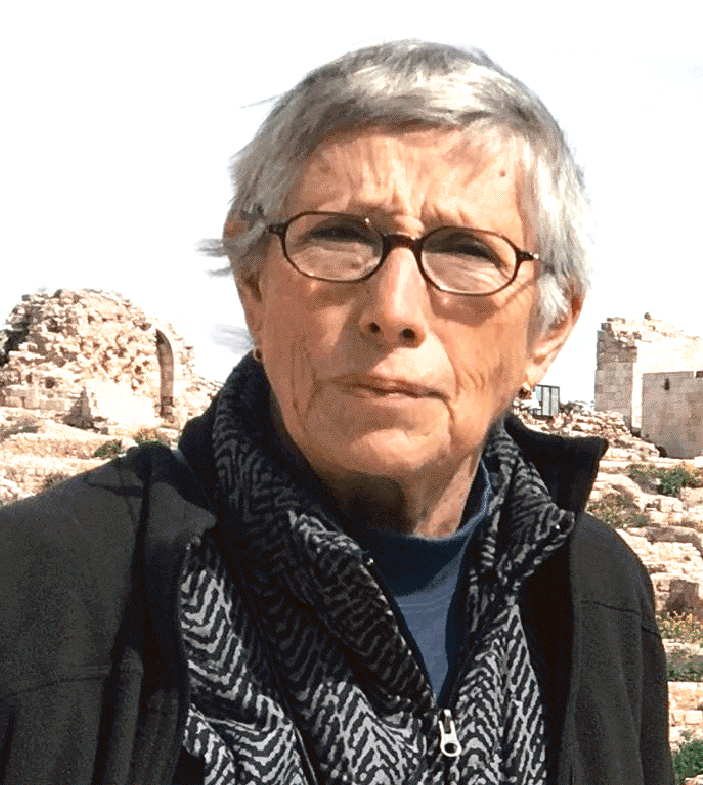The lifting by the US, Britain and Europe of sweeping sanctions on Syria could be a boon to the Levant region as this could reopen traditional trade and tourism routes from Lebanon through Syria to Jordan and Iraq. An end to sanctions should help Syria to renew its economy and reconstruct its infrastructure, cities, towns and villages. The European Union's decision followed Donald Trump's announcement which compelled the federal administration and legislature to revoke sanctions.
So far, the US treasury department lifted sanctions that prevent US firms and individuals from conducting financial transactions with Syrians or Syrian institutions and banks. The State Department provided a waiver for sanctions under the 2019 Ceasar Act which penalized firms and individuals for doing business with Syrian entities and citizens connected to the Assad government. Trump's next step will have to be convincing Congress to revoke the Ceasar Act, the most restrictive piece of US legislation. This would, of course, be opposed by Israel and its US-based allies as they are determined to keep Syria on its knees.
While the State Department waiver on Ceasar Act sanctions is important, potential investors may not be encouraged to finance long-term electricity, water, sanitation, housing, and other long-term projects. They will only be reassured of the safety of their investments once the Caesar Act and a slew of other interconnected legislation are revoked.
The Washington Post quoted Syrian sanctions expert Karam Shaar who "emphasized there are many other layers of sanctions that remain in place" and pointed out that "Syria’s largest telecom company still remained sanctioned, as were key members of the interim government, and while the Central Bank of Syria was delisted, its assets remained frozen."
A European resident of Syria expressed the hope that "lifting sanctions should improve the economic and services situation" but could require months to take effect. He said the "population [has] paid a heavy price, suffering far more than the government." The poverty rate,he observed "has risen from around 30 per cent before the [civil/proxy) war to 90 per cent currently and the extreme poverty rate is now at 66 per cent!" Syrian GDP shrank by 54 per cent between 2010 and 2021, the UN has reported.
Ahead of the US and EU announcements on sanctions, the World Bank said it would renew its programmes in Syria following the payment of its $15 million debt by Saudi Arabia and Qatar. The bank is planning a new project for electricity in Syria which would impact the country's water supply, hospitals, schools, and factories. Saudi Arabia, Turkey and Qatar have offered to fund public salaries, energy infrastructure and Syria’s other financial obligations.
The UN reports that of 23.5 million Syrians, 7.5 million people have been displaced within Syria and 6 million are refugees in neighbouring countries. More than 16 million need aid and half the population of faces hunger. Sectarian violence has displaced more than 670,000 people since November, including 15,000 in recent clashes in Druze-majority areas on the outskirts of Damascus. Israel has occupied the UN buffer zone between Syrian and Israeli airstrikes have created a climate of insecurity in the capital following attacks near the presidential palace and in Druze areas.
Security is a major concern. The new government under Hay ‘at Tahrir al-Sham (HTS) chief Ahmed al-Sharaa has so far been unable to compel all allied militia groups to merge under the Defence Ministry. Attacks continue on the Alawite minority to which the former ruling Assads belong. Kidnapping is a risk, and women and girls face violence. Since December, more than 900 civilians have been killed or wounded by unexploded ordnance, with children being one third of casualties. Water and electricity are rationed, and the health sector is unable to cope with growing demand following years of war and destruction. Before the conflict, Syria’s health system was advanced and attracted patients from neighbouring countries.
Sharaa has not convinced Syrians that he seriously committed to forming a government which represents Syrians from the country’s Christian, Druze, Turkoman, Circassian and Alawite minorities. He must deal with the Kurdish-dominated autonomous zone in the north-east, which covers 25 per cent of Syria’s territory and where the oil fields are located. Although sponsored by Turkey during the Sunni HTS campaign against the Assads, Sharaa must convince Ankara to withdraw from Syrian territory along the Turkish-Syrian border. Sharaa also has to convince the self-ruling Druze of the southern Suweyda district to submit to Damascus.
Finance is lacking. UN agencies have received only 10 per cent of a $2 billion appeal for Syria for the first half of 2025. Dozens of hospitals, community centres and safe houses for women have closed. “The consequences are already visible and will become more so as time passes and as funding cuts take hold,” said Rajan Rajasingham, director of coordination at the UN relief wing, OCHA.
